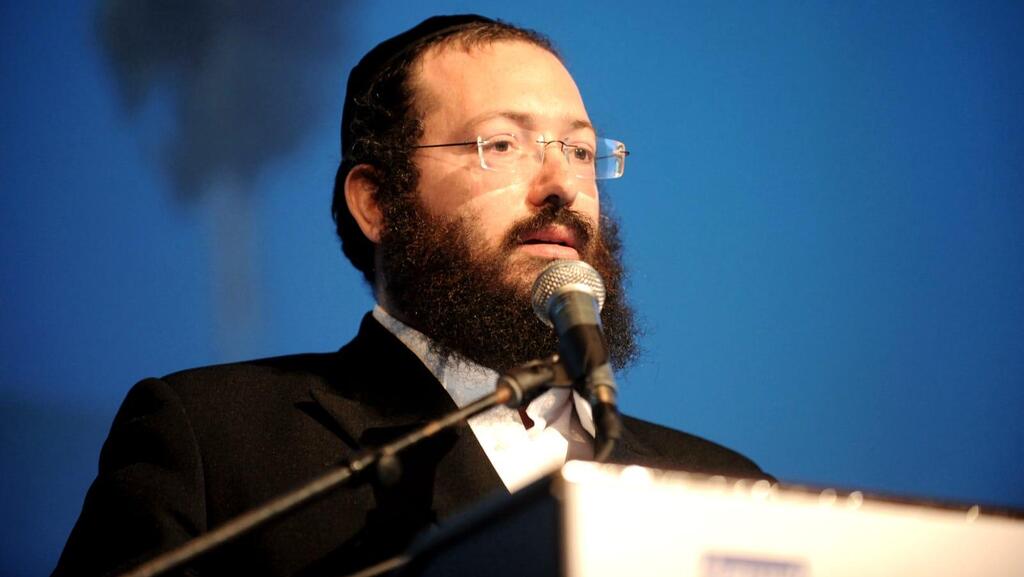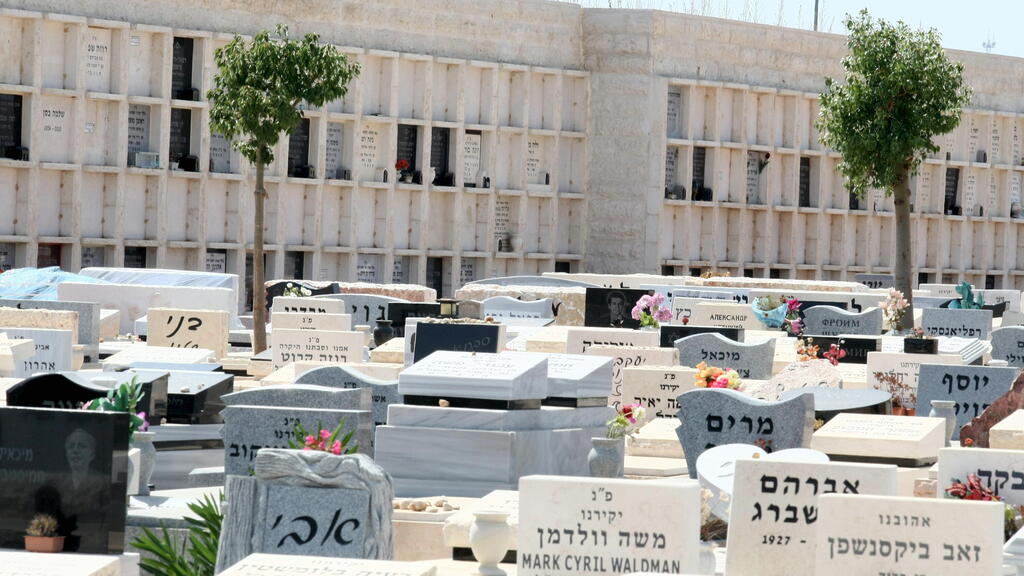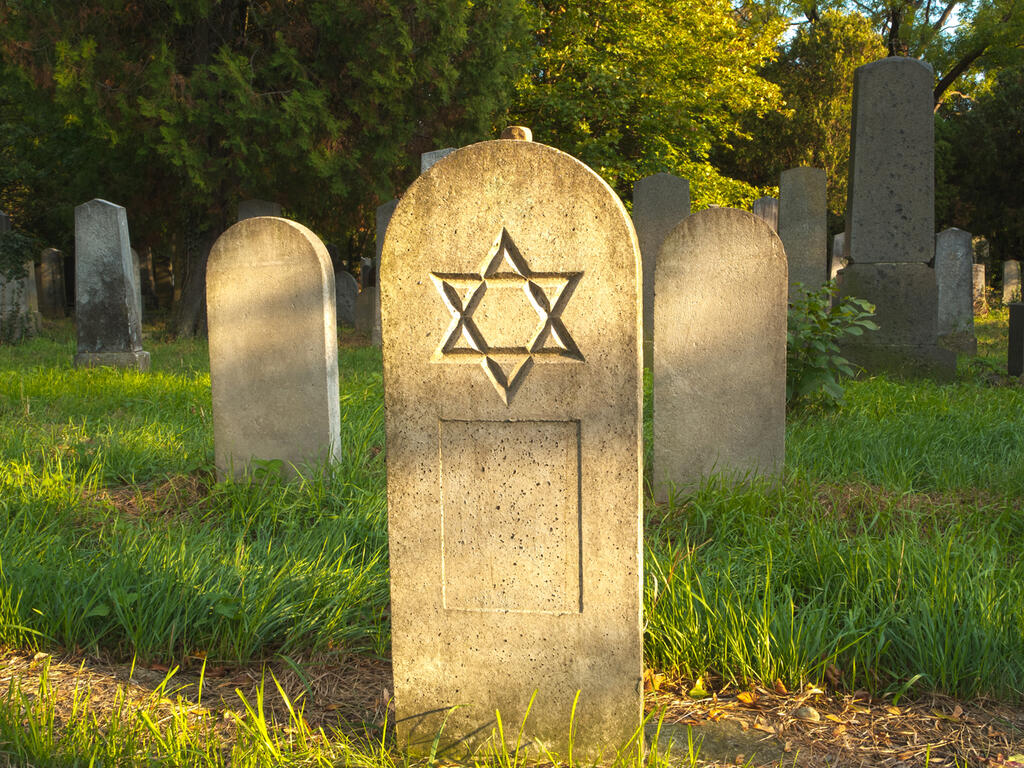As dark as it sounds, death is inevitable. And when it occurs, the family members of the deceased are burdened with great sorrow and often experience shock, and they do not always have the important information that could prevent them from paying unnecessary expenses for the funeral and burial arrangements.
Other stories:
We asked Rabbi Avraham Manela, CEO of Hevra Kadisha in Tel Aviv, to gather all the important information for us.
What types of burial exist in the country?
"In Israel, there are many organizations that deal with burial," explained Rabbi Manela. "And the first piece of advice is to make sure that you are dealing with a legally licensed burial company. If it is a company that does not have a burial license, it's a recipe for disaster."
There are four main burial methods in Israel:
- Field Burial - A flat surface above ground in which the graves are arranged at fixed distances between them below the surface of the land. This has been the prevailing burial method among the Jewish people in recent generations.
- Family Couple Burial - This burial is conducted below ground. Hevra Kadisha digs a grave at the depth stipulated by Halacha. The first deceased is buried at the bottom of the grave and covered with stones constituting a cover for the grave, and with earth, as required by Halacha. A second deceased is buried above the first one.
- Sanhedrin (Multi-Tier) Burial - This burial is conducted in structures built according to the Halachic rules. The deceased is placed on a special bed, which is inserted into an alcove, like the Sanhedrin burial discovered in Jerusalem and various other places in Israel.
- Top Burial - This type of burial takes place above a deceased buried many years earlier in an individual field burial grave conducted with no preparation for additional burial. After the tombstone is removed, Hevra Kadisha prepares another space in which the second deceased is buried. At no stage in the preparation is there contact with the first deceased; digging takes place only as far as the stones covering the first deceased. Not every grave allows for this - it depends on how deep the initial burial was. However, in a place where it is possible, it allows a family member to be buried next to their loved one and saves a lot of money because it is a free burial, except for the expenses of dismantling the tombstone. To enable such a burial, the consent of the family is required.
Who is entitled to a free grave plot?
Every resident of the State of Israel is entitled to a free burial in their residential area. This also applies to a foreign citizen who passed away in the country. An Israeli citizen who does not reside in the country is not entitled to a free burial.
In which cases do you have to pay for a grave plot?
When a person wants to purchase a grave plot while still alive, they will pay the fixed rate according to the law. The prices can be seen at the Ministry of Religious Services. Rabbi Manela explains, "It is important to note that the price refers to the active cemetery of that society (for example, in Tel Aviv, the price refers to the Yarkon cemetery), and it should be known that the price is updated annually."
If a family wishes to bury a deceased in a specific location within the cemetery, it sometimes requires payment, depending on the type and location of the plot and the set rate.
Field burial: In the Dan region or in the central area, it is almost impossible to get a free field burial, and the main form of burial is High Burial, which takes place in a multi-story structure.
Rabbi Manela said, "The policy we implement is to squeeze burials in densely populated areas to save land space. Therefore, field burial in these areas has a cost, and the free burial form is High Burial. The cost of a field plot in Tel Aviv and the central area can reach tens of thousands of NIS. Family Couple Burial burial costs around 10,000 NIS. Prices in the periphery are generally lower because the land is cheaper and burial companies do not invest in the development of High Burial."
It should be noted that those who purchase an adjacent grave to their spouse are entitled to a 20% discount, and those who purchase a High Burial are entitled to a 25% discount.
Burial outside the residential area or in an exceptional plot within the residential area. In every cemetery, there are plots that have been designated by the National Insurance Institute the as "exceptional plots," and burial in these plots involves payment. The purpose of this is to help fund the development costs of the cemetery.
How much does it cost to purchase a grave plot?
The prices vary depending on several parameters such as the location of the burial plot, the timing of purchasing the plot (before or after the death), and the type of burial. They can range from a few thousand NIS to tens of thousands.
What is the cost of evacuating a deceased person?
The answer varies depending on the place of death. Rabbi Manela explains that a person who passes away at home or in a facility without a refrigeration room is entitled to free evacuation at any time and any day.
During the operating hours of burial societies (8:00-16:00), you can contact them for evacuation; Beyond these hours, you can contact the emergency hotline of the Kadisha Forum and the Ministry of Religious Services at *0120.
The evacuation service is expected to take place within two hours from the moment a family makes a request with all the necessary approvals (death certificate and, if necessary, police approval).
A person who passes away in a hospital in their residential area is entitled to free evacuation by the local burial society, which is also responsible for preparation for burial, without any payment.
If a person passes away outside their residential area but is supposed to be buried in their residential area, there is a fixed tariff set by the National Insurance Institute for evacuation to the designated burial place.
For example, if a person passes away at Tel Hashomer Hospital and resides in Tzfat, and they are to be buried there, the Tzfat burial society is not obligated to take them from Tel Hashomer for free.
However, if they had passed away at Ziv Hospital in Tzfat, the evacuation would have been free. Since they passed away at Tel Hashomer, there is a cost for evacuation according to the National Insurance Institute, or the family can rent a private ambulance.
The tariff is 409 NIS for the first 10 kilometers from the jurisdiction area of the first local authority, and an additional 12.44 NIS for each additional kilometer to the burial place. You can use the burial fees calculator provided by the National Insurance Institute.
A family member suddenly passed away, and we are shocked and don't know what to do. Where can we find information about our rights?
Rabbi Manela: "In unfortunate cases like these, we urge the public to directly contact the *0120 hotline, which operates 24 hours a day, every day of the week, free of charge, and its purpose is to provide accessibility and information about burial rights, evacuation of the deceased, grave plots, and preparation for burial."




